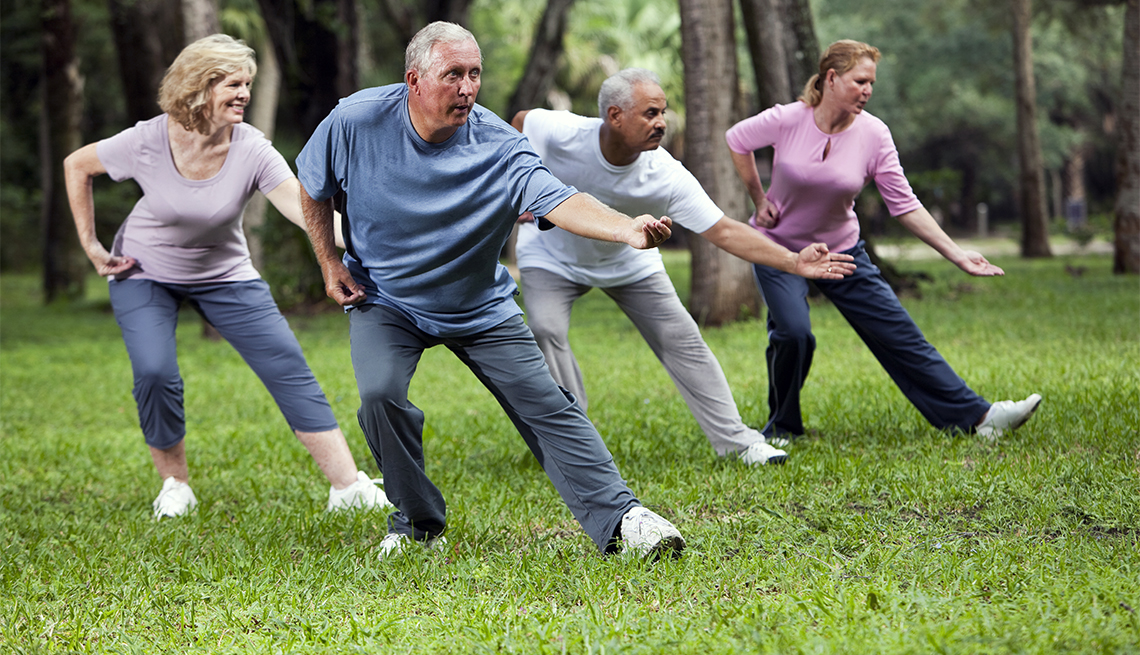
Amidst moments of forgetfulness in our busy lives, it’s natural to ponder ways to keep our minds sharp. Research suggests that exercise is key to maintaining both our physical and cognitive well-being, and a recent study unveils the remarkable benefits of practicing Tai Chi, a slow-moving martial art, in slowing cognitive decline and defending against dementia.
The study involved around 300 older adults, with an average age of mid-70s, all of whom had reported declines in their memory. Participants underwent a 10-minute cognitive function test called the Montreal Cognitive Assessment, where a normal score ranges from 26 to 30. Scores between 18 and 25 indicate mild impairment, signifying a decrease in cognitive sharpness while still maintaining everyday activities. At the beginning of the study, participants averaged a score of 25.
Results revealed that those who practiced a simplified form of Tai Chi, known as Tai Ji Quan, twice a week for approximately six months, improved their scores by 1.5 points. Though this increase may seem modest, it equates to delaying cognitive decline by about three years, as explained by Dr. Elizabeth Eckstrom, the study’s author. For reference, individuals with mild cognitive decline typically lose half a point on this test annually, and once their score falls below 18, they experience noticeable memory loss and cognitive decline.
Based on these findings, maintaining a routine of Tai Chi practice two or three times a week can offer additional years of cognitive function before entering a decline into dementia. Additionally, a more challenging version of Tai Chi, known as Cognitively Enhanced Tai Ji Quan, where participants combined memory challenges with Tai Chi movements, led to an improvement of about 3 points, effectively granting an additional six years of cognitive function.
Tai Chi’s effectiveness in preserving cognitive function is attributed to its combination of physical activity and memorization of movements, akin to a dance choreography. Notably, the practice appears to have a meditative component that reduces stress and contributes to its benefits.
Dr. Joseph Quinn, a neurologist, finds these results fascinating, even though the precise mechanism of Tai Chi’s effectiveness remains a subject of curiosity. While cardiovascular exercises are known to protect both the heart and the brain, Tai Chi’s meditative and stress-reduction aspects may underlie its cognitive benefits.
For practitioners like Mary Beth Van Cleave, Tai Chi has become an integral part of life. Not only does it enhance her concentration, but it also provides physical benefits like improved balance, reducing the risk of falls.
However, it’s important to note that the study’s participants were predominantly non-Hispanic white with college degrees, raising questions about the generalizability of these results to a more diverse population. Given the evident benefits of Tai Chi and the prevalence of mild cognitive impairment, efforts to make this practice more accessible could prove beneficial, especially for older adults who may benefit the most from it.
